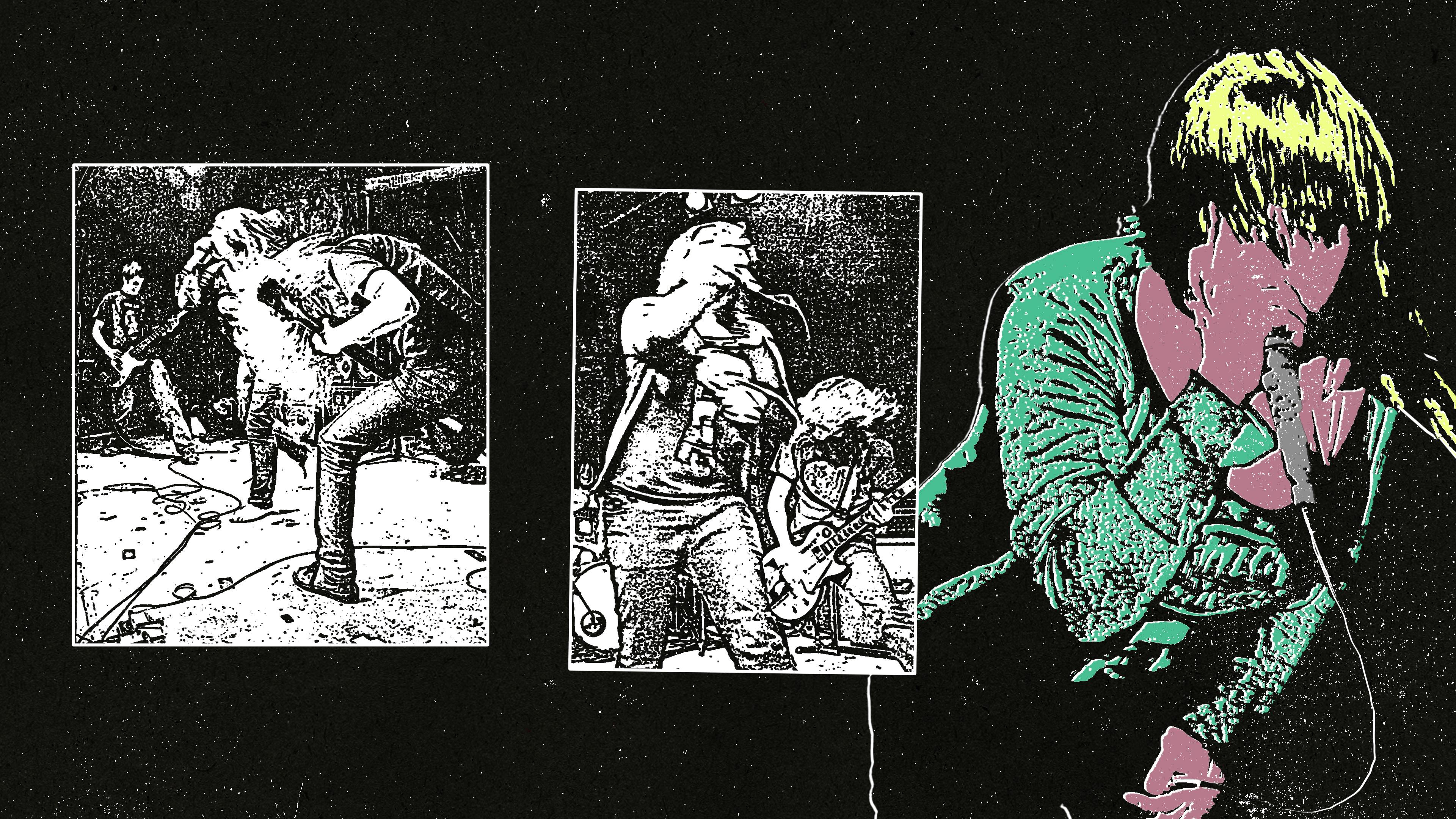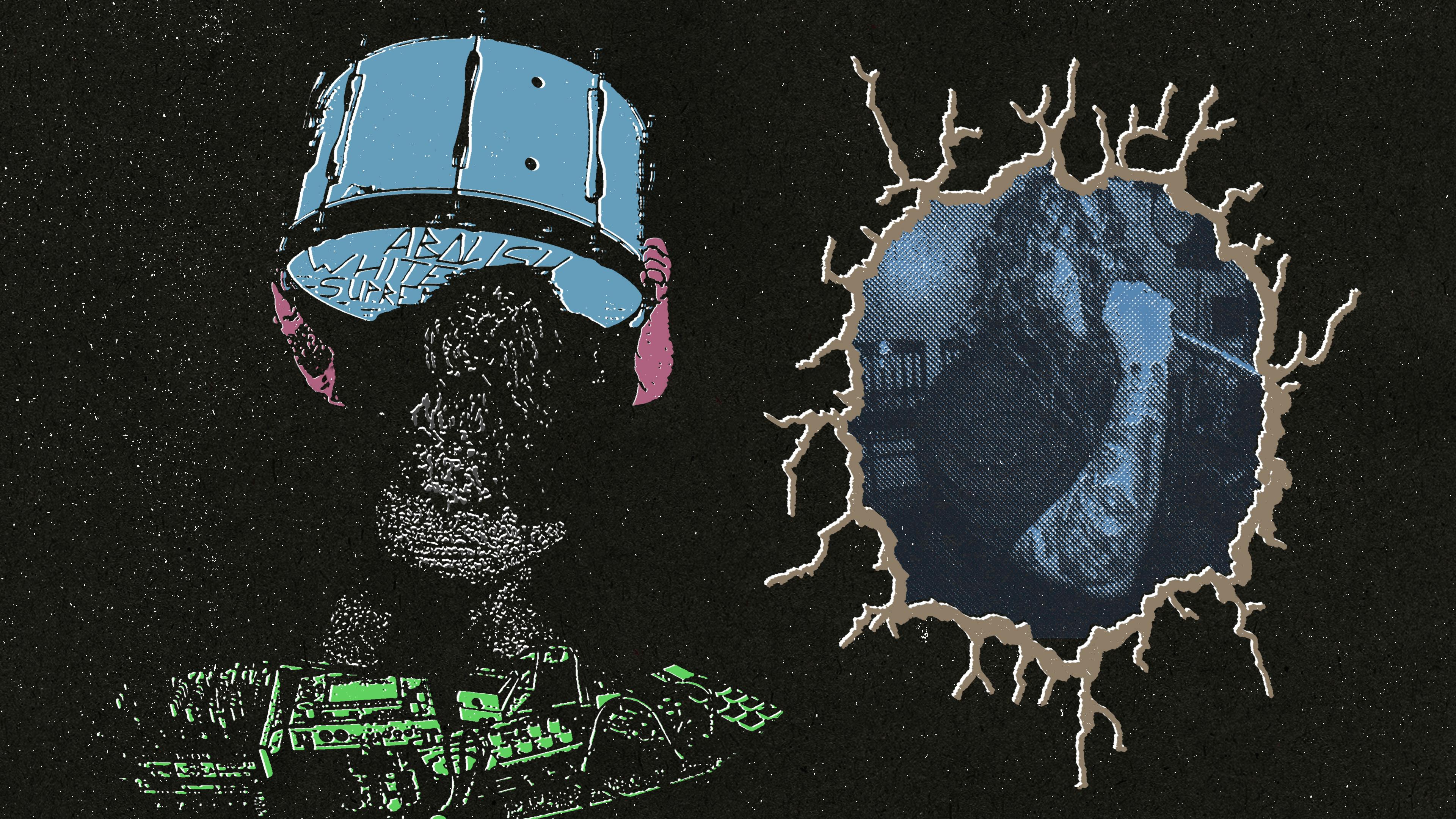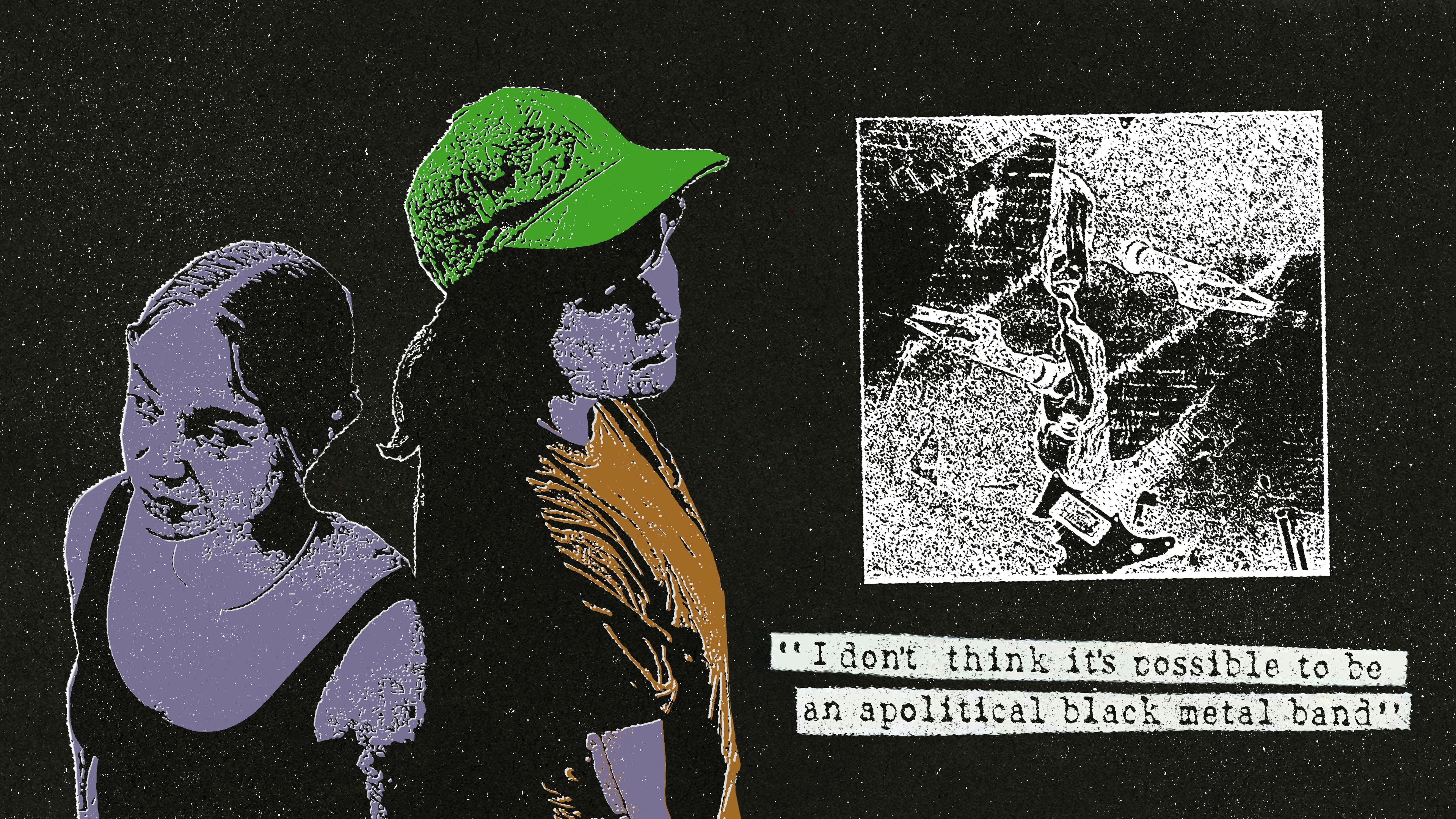“Do I respect metal?” asks Hunter Ravenna Hunt-Hendrix, the lead singer of black metal band Liturgy, in a video she uploaded to YouTube two years ago. Her answer was yes. Liturgy’s music is singular in the broadly termed “metal” scene, with Hunter listing Bone Thugs-N-Harmony and Three 6 Mafia as early influences, which don’t usually come up in relation to the genre. But Hunter is invested in a particular sound – she wrote a metal manifesto in 2010, in which she coined the term “transcendental black metal”, advocating for “a new soul, a soul full of chaos, frenzy and ecstasy” to animate the genre. And in her video, she goes on to describe metal as the highest form of music – rock-based, virtuosic, hard-to-play, and a genre where performance is paramount. But she’s left with the question: why is there no interesting metal being made?
Hunter put forth some solutions to push the genre forwards. Metal should incorporate some of the styles that appropriate it – trap and electronic music, in particular – and make more direct contact with classical music. But most importantly, Hunter called for a feminisation of metal, a statement that cut deeper given that she had come out as trans just a few months earlier. “People associate metal with men, with being really masculine. It’s testosterone-fuelled,” she said. “That’s not true at all. I’ve never experienced metal as being a big masculine thing. It can be, but the fact that it’s mostly men who make and listen to metal is just random. It doesn’t need to be that way.”


